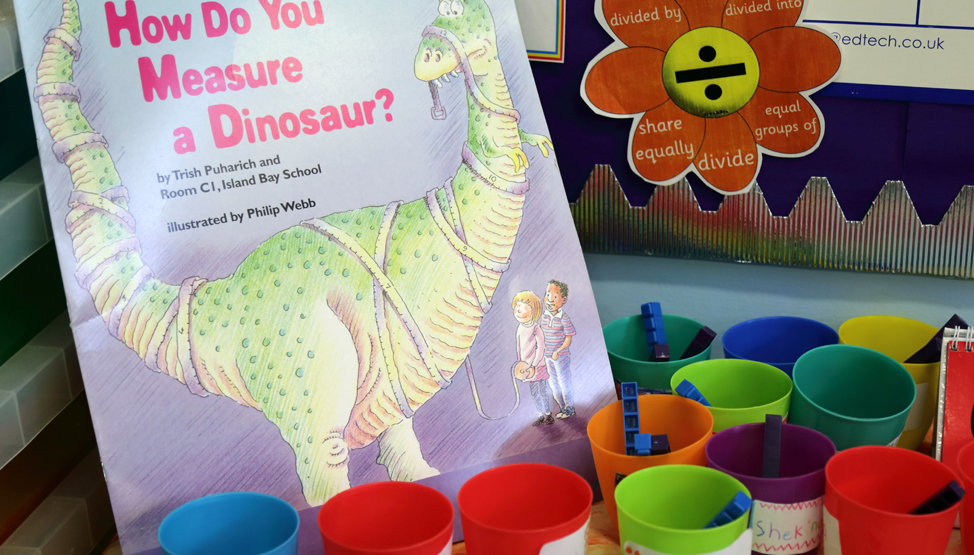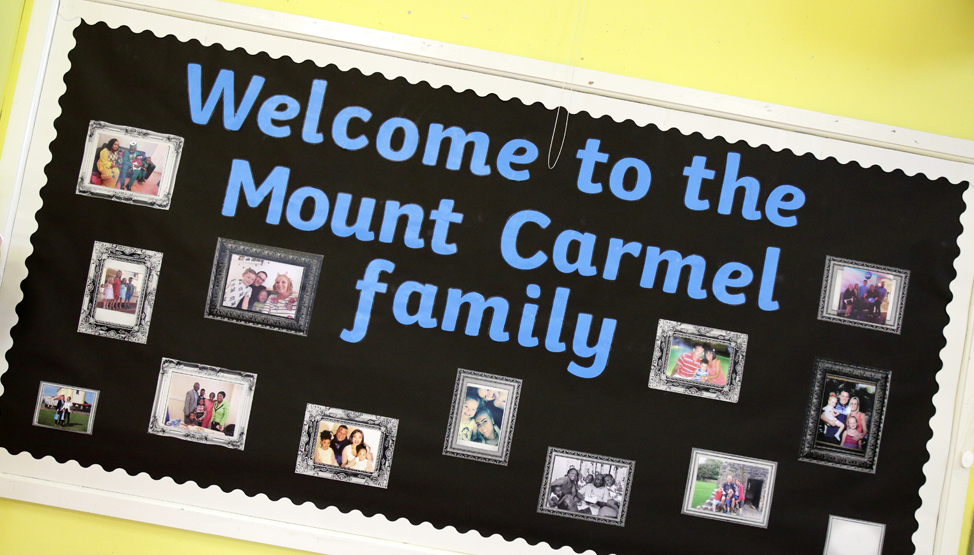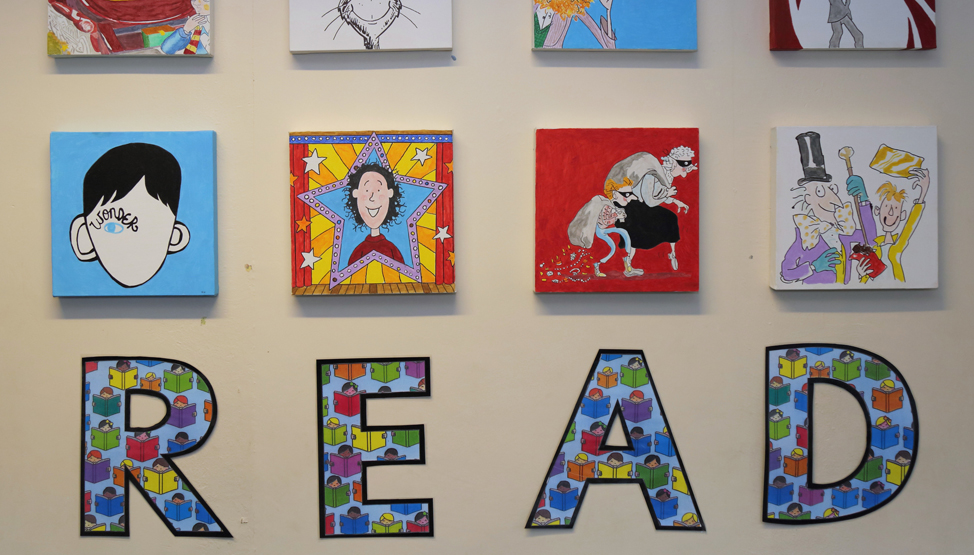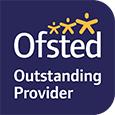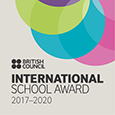Music
 Music Curriculum Statement 2024- 2025
Music Curriculum Statement 2024- 2025
Intent
At Mount Carmel we aim to inspire our children to become confident team workers. Their musical education will help them to develop a coherent knowledge and understanding of the fundamental skills and elements of music by exploring a range of instruments, songs and musical pieces. Pupils will be able to explain how these elements of music contribute to a performance, how they can be changed to create different effects and use them purposefully in their own performances and compositions.
The music curriculum is planned and structured to extend pervious knowledge, using the Model Music Curriculum as a base alongside resources such as Spark Yard. Pupils are provided with opportunities to be confident, inventive and collaborative musicians, who can use their musical skills to develop and enhance their performances. SEND pupils access the full music curriculum with modifications made in certain circumstances. More able pupils are encouraged to take leadership roles within lessons and gain a greater depth of understanding.
Implementation
At Mount Carmel, we implement a curriculum that is progressive from Nursery to Year 6. Throughout the year, we develop the key skills of singing, listening, performing and composing and each half term have a focus on 2 musical elements. The knowledge and skills built during the year are showcased with an end of year composition and performance. Each year group looks at 6 composers over the year ranging from classical composers, world music, popular music, and film and theatre composers. Music is taught every week, alternating between a music specialist classroom teacher and the classroom teacher of that year group. All of these lessons follow a medium term plan created by the music lead.
In EYFS, music is used frequently and consistently in daily routines, as a teaching method in other subjects and taught explicitly in the weekly music lessons. In Years 3, 4 and 5, each class receives a term of whole class ensemble training. Our Year 3 children learn the recorder during autumn term, Year 4 children learn the steel pans during spring term and Year 5 children learn ukuleles during summer term.
Across EYFS, Key Stage 1 and Key Stage 2, music follows the progression document and builds in knowledge within each musical element and skill. The children use specific vocabulary appropriate to their year group to describe music that they hear and music that they perform.
Each lessons starts with a singing starter, sometimes building to a performance such as Nativities or Easter plays, the main activity of the lesson focuses on the musical elements for that half term with the plenary using a listening and appraising activity linked to the composer for that year group.
SEND pupils who require extra support to develop their musical understanding focus on securing the most generative skills and knowledge. In order to develop more able pupils, they are provided opportunities to communicate their ideas within groups and apply their knowledge and skills in a wider context.
Pupils’ progress is secured through building on skills developed in previous half terms and years. We continually use retrieval practice to find and address gaps in understanding, adapting planning to ensure that any misconceptions are resolved during the half term. Pupils’ work is filmed both at the start and the end of the unit and peer feedback is used in Key Stages 1 and 2 to support children in making their own progress.
Outside of our curriculum lessons, pupils across the school have opportunities to develop their musical skills. In EYFS, children use songs and music across their curriculum to learn key development skills. They also perform in assemblies throughout the school year including a Harvest and Nativity performances. In Key Stage 1, the children perform a Nativity Play and in Year 2, children present an Easter performance. In Key Stage 2, children have the opportunity to sing in the Key Stage 2 choir and in Year 6, all children are involved in the end of year performance.
Impact
Pupils are equipped with the musical skills and knowledge to prepare them for the key stage 3 curriculum, and have acquired life skills to be creative, confident and collaborative.
Through our music curriculum, pupils recognise the importance of music in building their mental health. The range of music we listen to inspires the children to find their own style that will continue to support them throughout their lives. Music is linked to feelings and through our listening and appraising activities, children become more aware of how to express their emotions and how music can affect their wellbeing.
Through pupil voice and evidence on videos and photos, pupils will be able to express the skills and knowledge they have acquired. They will be able to engage in discussions and performances during lessons and show an interest in a wide range of music. The children will present learning demonstrating their knowledge of
Listening
Appraising
Composing
Improvising
Performing
Musical notation
Structure
Dynamics
Pulse
Tempo
Texture
Timbre
Pitch
Assessment and monitoring will show a high standard is expected in music and pupils are achieving age related expectations using the progression map.
Music Subject Lead Mrs R Brocklehurst

